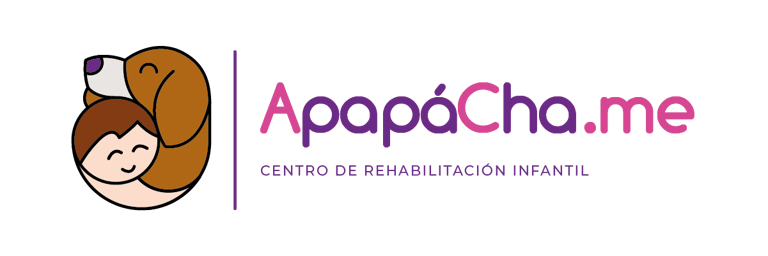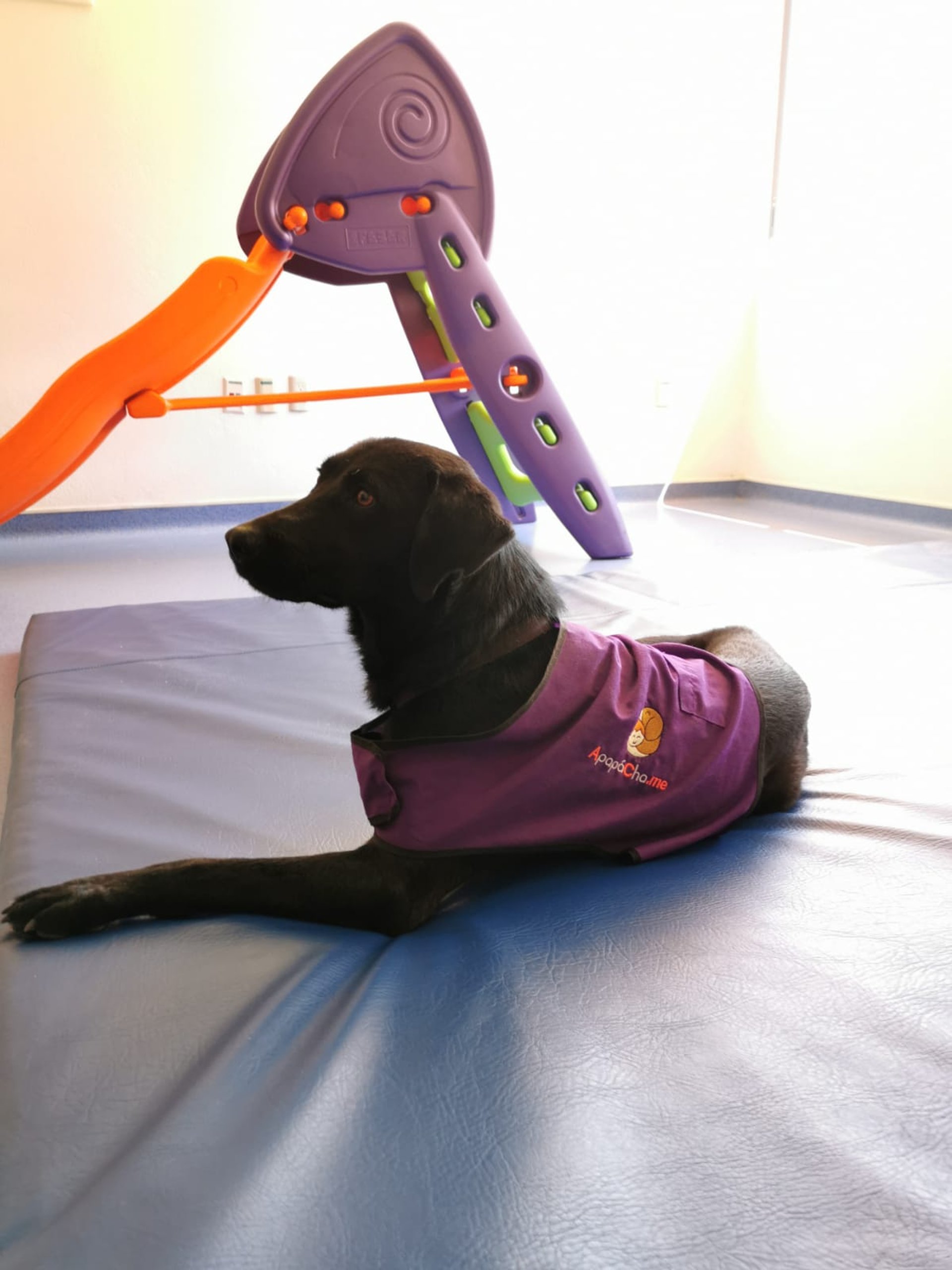
Impact of Dog-Assisted Physiotherapy on Gross Motor Skills and Motivation in Pediatric Patients with Down Syndrome in the Gait Group at CRIT Hidalgo, México
Ivonne Daniela Montañez Rojas, Abdiel Guadalupe Rubio Bautista, Rubí Idalia Guillén Vázquez, Alejandra Abigail Vera Sánchez.
This research examines the impact of dog-assisted physiotherapy...
ANOVA analysis results reveal a significant difference in motivation between the experimental and control groups, suggesting that the intervention has a positive impact on motivation.
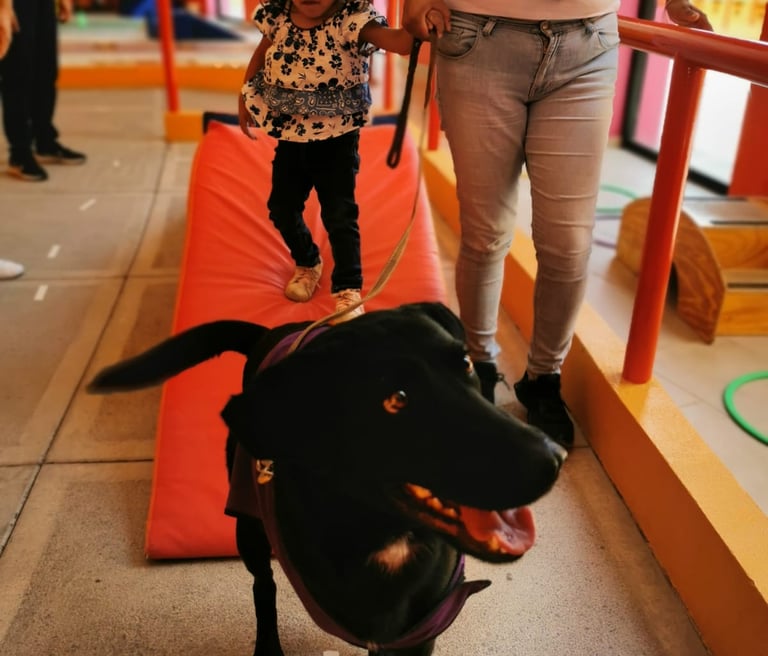

26.15
5.39×10−13
p-value
F-value
Visual Gallery
Explore the Impact in Action: Key Moments of the Dog-Assisted Physiotherapy Protocol.
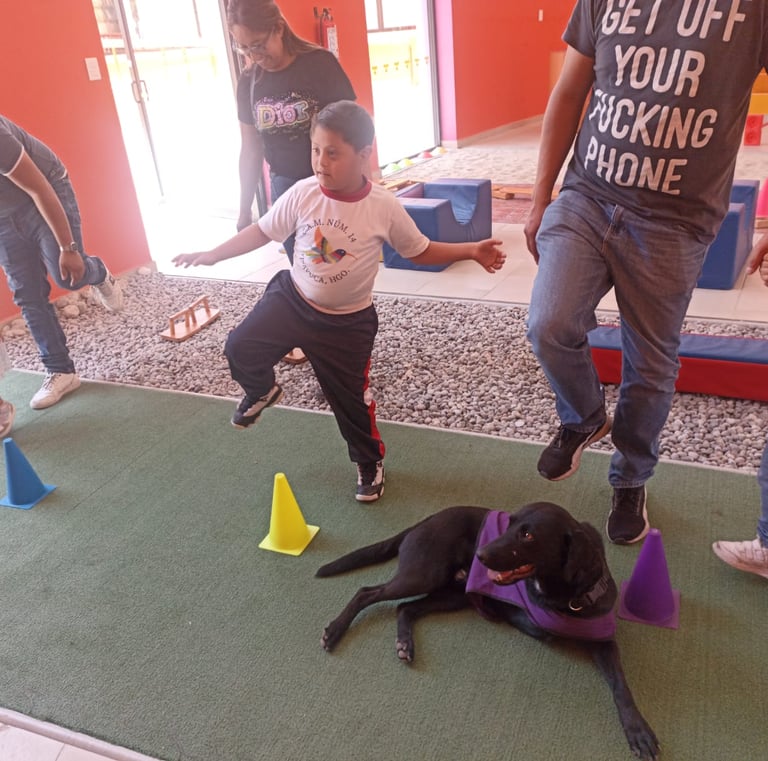

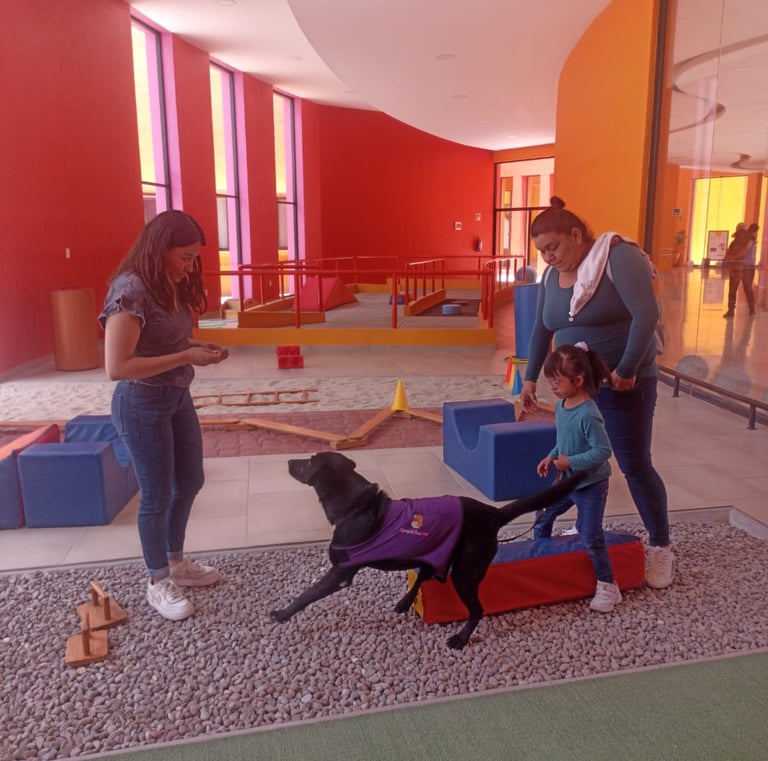

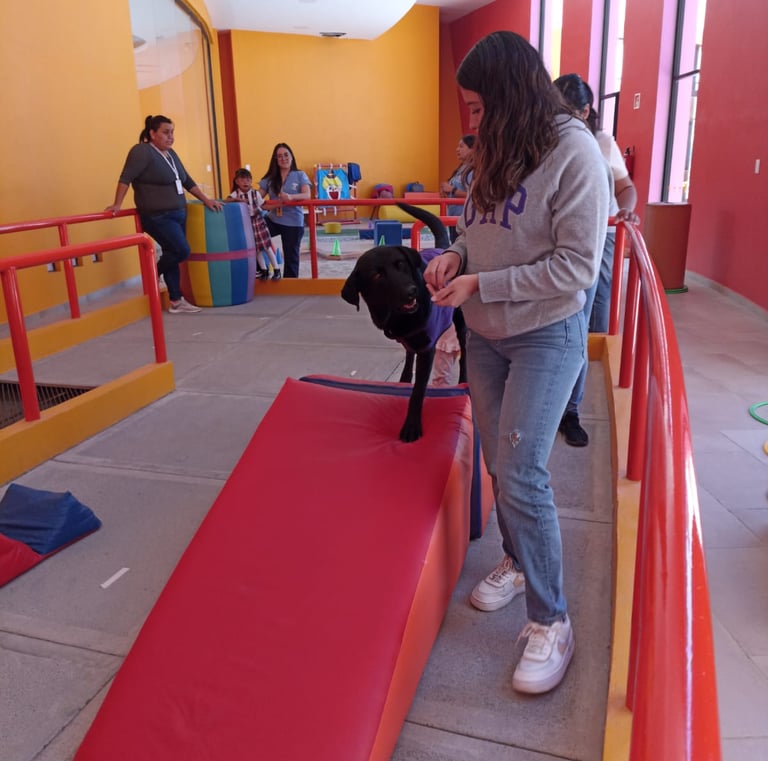

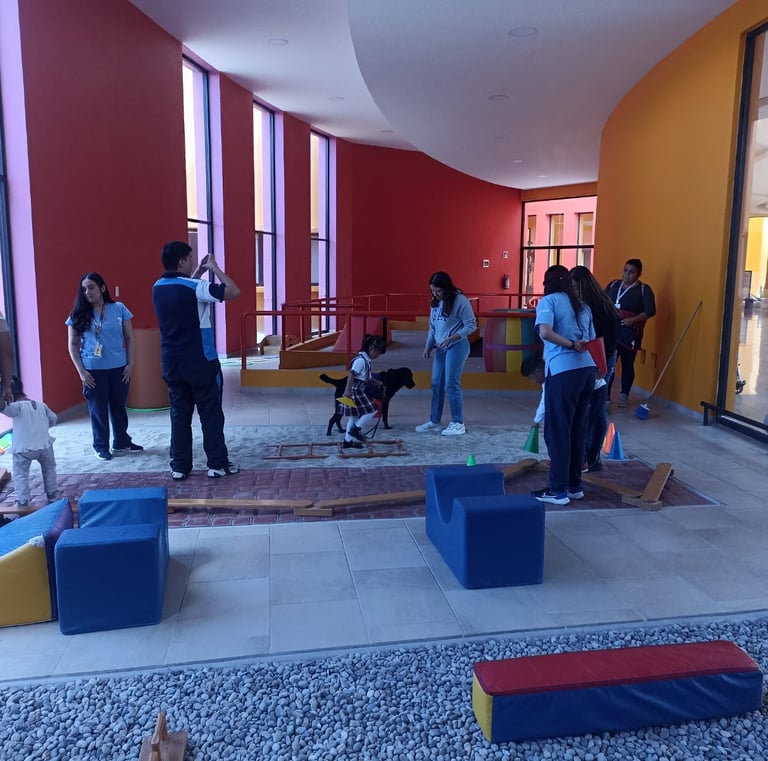

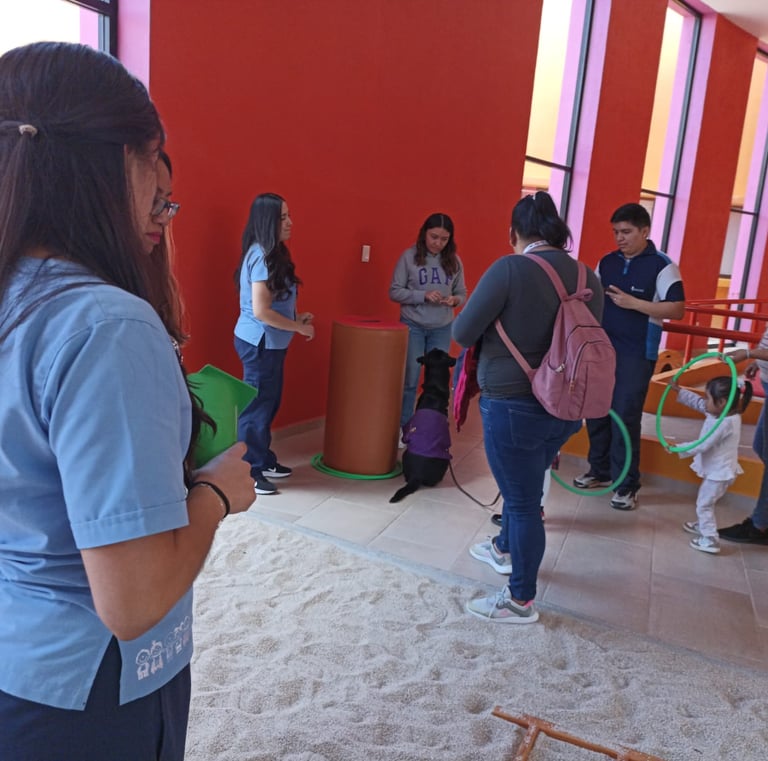

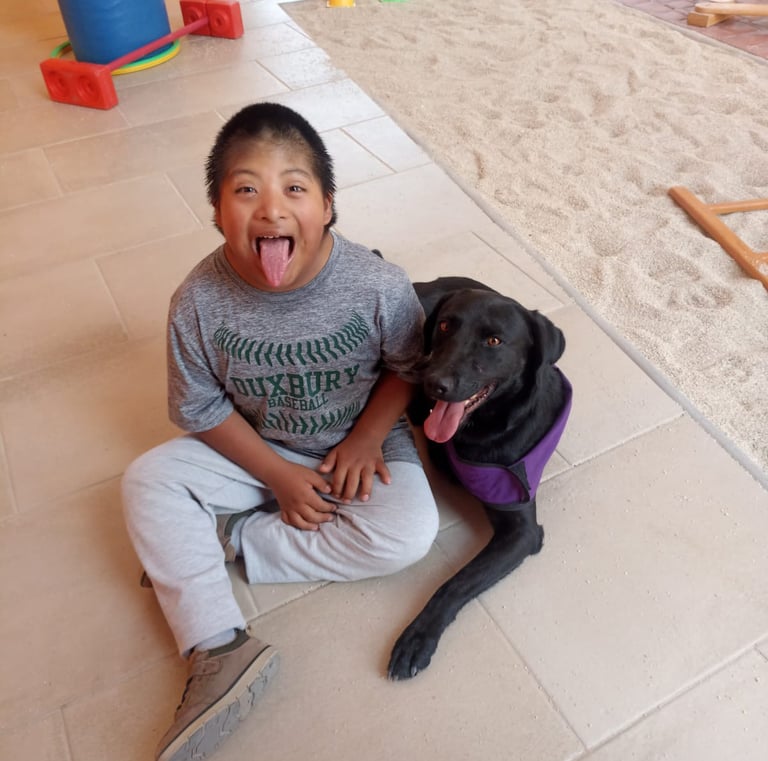

Methodology
The research design is longitudinal, allowing for the tracking of changes over time. A comparative and prospective design is used to evaluate two groups: one experimental, receiving dog-assisted physiotherapy, and another control. The quasi-experimental nature arises from the fact that participants are not randomly assigned. ANOVA analyses are applied to identify significant differences in motivation, complemented by qualitative observations and feedback from physiotherapists. The sample was selected conveniently, including approximately 13 pediatric patients with Down syndrome who attended 10 weekly sessions of 45 minutes each between May and August, randomly divided into the experimental and control groups.
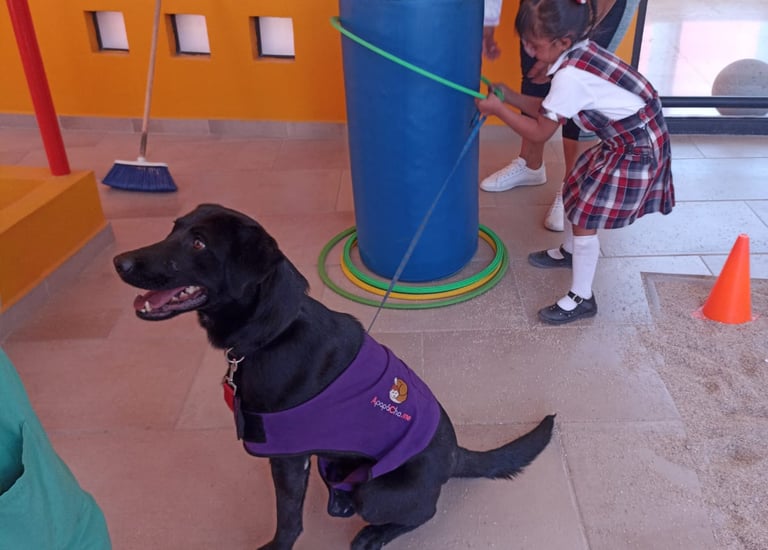

Importance of motivation...
Given that motivation is a crucial factor in therapeutic progress, this study aims to determine whether the inclusion of dogs in physiotherapy sessions can improve patient participation and, consequently, motor development.
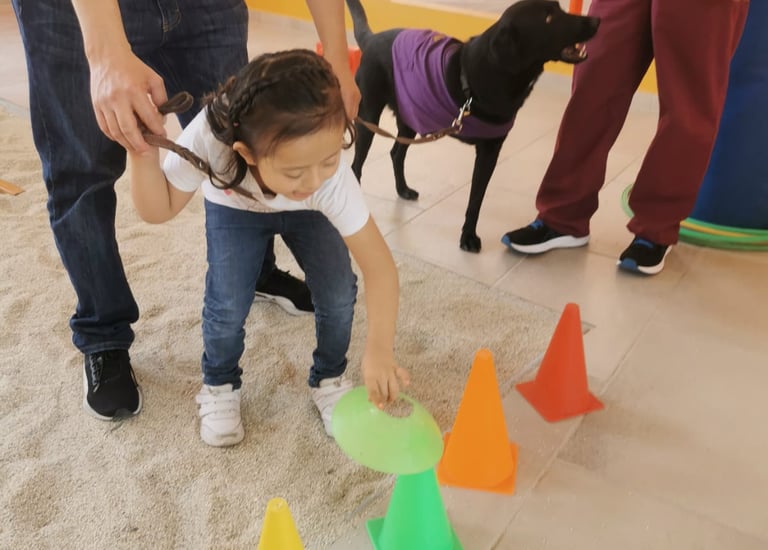

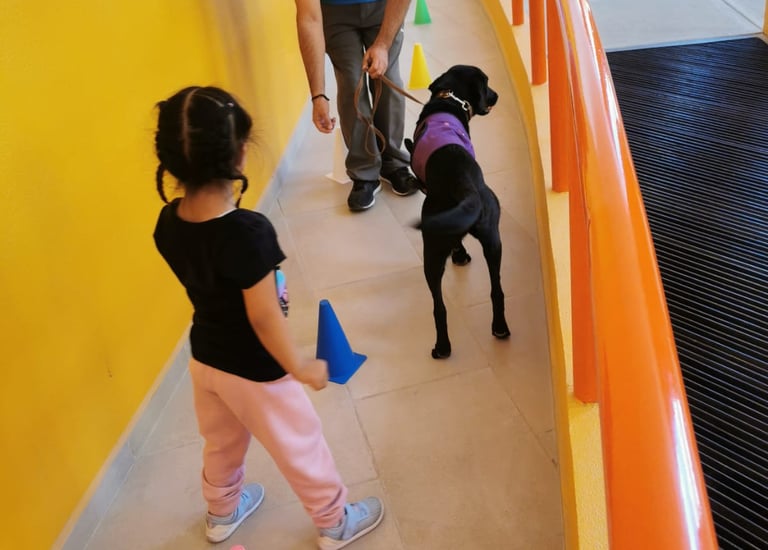

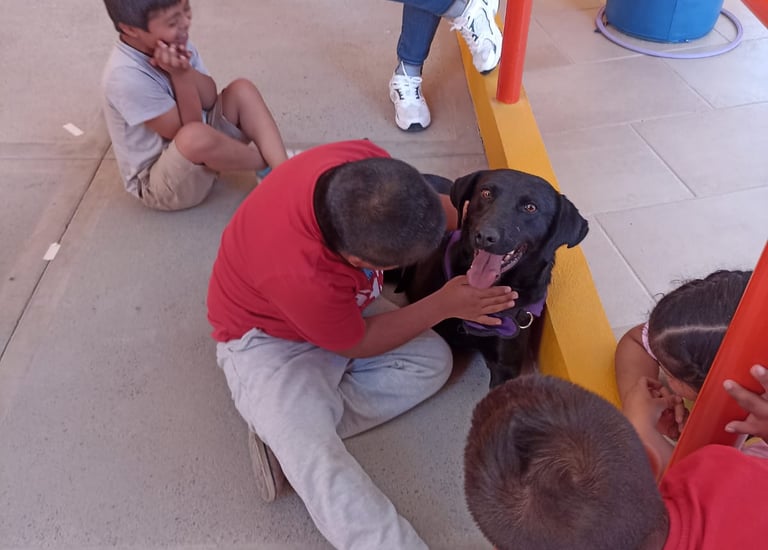

Innovative intervention...
Through a comparative analysis between an experimental group and a control group, the potential effects of this innovative intervention in pediatric rehabilitation are explored.
Yeison: Inspiring Pediatric Patients with Down Syndrome in Dog-Assisted Physiotherapy
Despite his own physical challenges, Yeison’s perseverance and gentle nature inspire the children in the gait group, demonstrating how a dog’s unique abilities can foster motivation and support therapeutic outcomes.
Boosting Motor Skills with Dog-Assisted Physiotherapy in Children with Down Syndrome
Dog-assisted therapy enhances motor skills and motivation in children with Down syndrome, with increased focus playing a key role in therapeutic success.
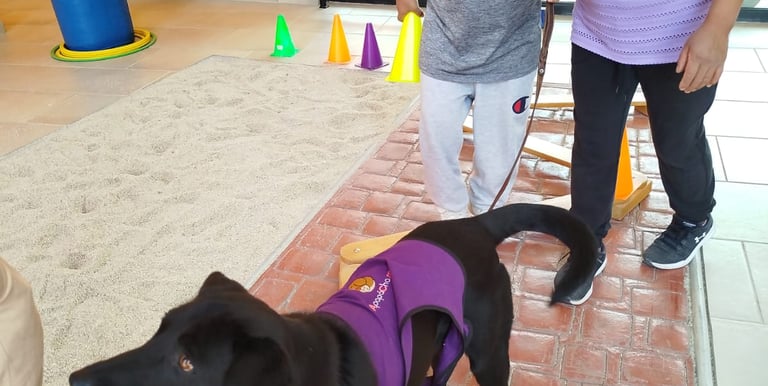

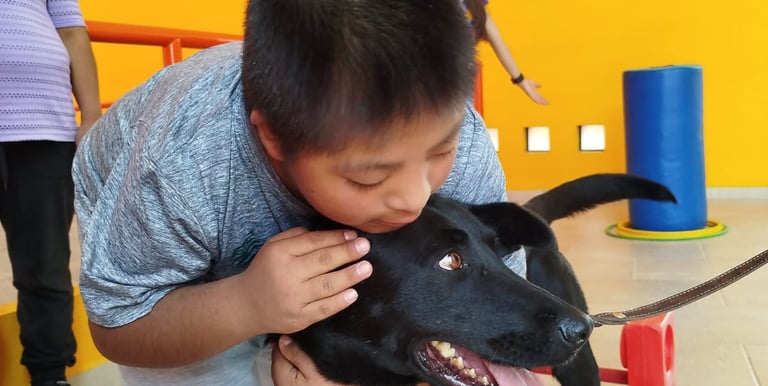

The results suggest
That the increase in motivation is related to greater focus during the sessions, which is crucial for the design of therapeutic programs.
Positive Results
Dog-assisted physiotherapy shows significant potential as a therapeutic tool for children with Down syndrome, improving their motor skills and motivation.
Quantitative results
The results of the study are reflected in a bar graph that compares the averages of total motivation scores between the experimental and control groups, both at the beginning (pretest) and at the end (posttest) of the project. The experimental group, which participated in dog-assisted physiotherapy, showed a significant increase in motivation scores from pretest to posttest. This finding highlights the effectiveness of the intervention, demonstrating how it contributed to greater motivation in children with Down syndrome compared to the control group.
The analysis of variance (ANOVA) confirmed these results, revealing statistically significant differences in motivation between the two groups.
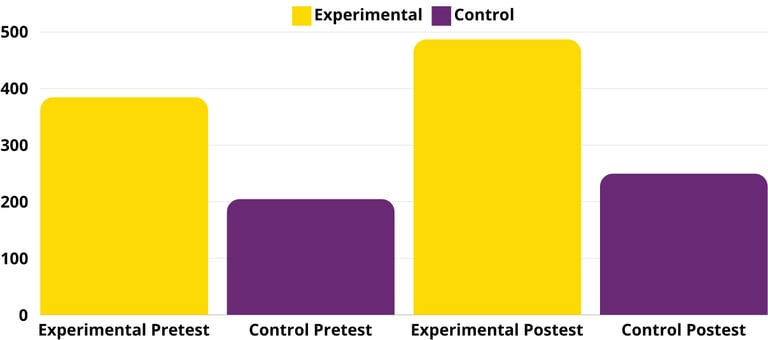

Qualitative results
Furthermore, qualitative considerations regarding motor skills suggest that the increased motivation observed in the experimental group may have positively influenced their active participation and, therefore, the development of their gross motor skills. These observations emphasize the importance of motivation as a key factor in improving motor skills in participating children.

Contact
We are here to answer your questions about our research.
📍Nos ubicamos en:
Calle Mariano Arista 330, Frente a Ex Hospital del Niño, Pachuca de Soto, Hidalgo
📲Contacto:
hola@apapacha.me
+52 771 258 4747
